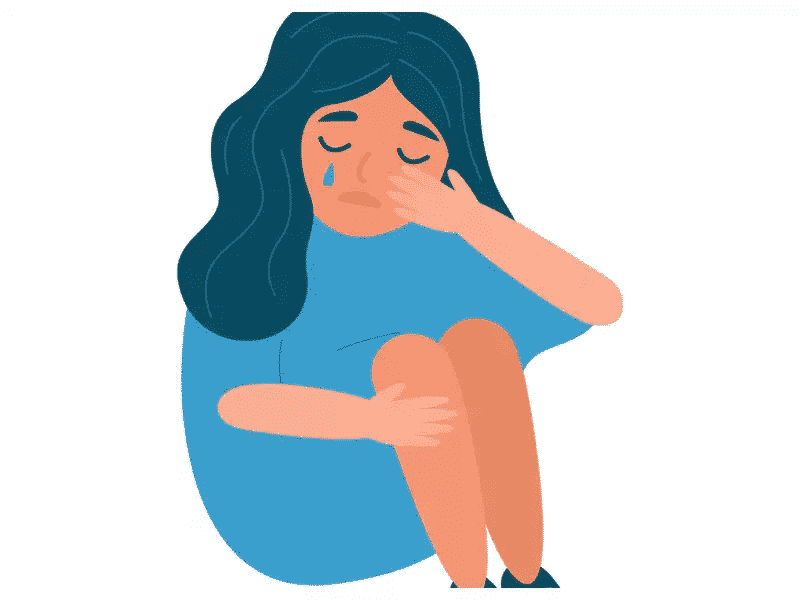Teen suicideFor any parent, their biggest nightmare is to witness the death of their child, worse when it is self inflicted. But going by official statistics, teen suicide rate is soaring and there are many helpless and hopeless parents seeking answers to what they could have done to prevent it.
According to NCRB data, 10,159 students died by suicide in 2018, an increase from 9,905 in 2017, and 9,478 in 2016. 2019 reported a further spike of 3.4 per cent suicide rates. This disturbing trend has been known for years and it is our response that will set the change in future.
How the teen brain works
To talk about teen suicides, it is important to first understand the teen mind. It is a common complaint of most teen parents how their calm and predictable child turned into a rebellious and feisty teen. It happens because a child’s brain undergoes dramatic changes during teen years, which gets their mind all muddled. To put it simply, teen brain is not a fully developed adult brain.
A teen’s brain is rapidly growing connections which can have certain side effects and that is the reason a big number of mental disorders like anxiety, eating disorder all kick in during teen years.
Dr Gauri Karkhanis, consultant clinical and social psychologist, Nanavati Super Speciality Hospital, explains, “Teens go through an identity crisis as both the mind and body are changing. They are confused and trying to come to grips with who they are mentally as well as physically. And teens who do not have a healthy support system and coping skills often succumb to suicidal thoughts.”
Explaining it further, Dr Siri Kamath, Consultant Physician, BGS Gleneagles Global Hospital, Bengaluru adds that children during their teen years develop a new sense of identity, new ideas regarding what they want to achieve in their lives. By the time the child reaches his teens, parents have formed solid notions of what the child’s day to day behaviour should be and what the child should achieve in his or her life. And then teenage hits. This is where disappointments kick in.
Teenage suicide and the triggers
India accounts for 17.8 percent of all reported suicide cases. According to the National Crime Bureau, India reported 381 suicides daily for the year 2019.
Many mental health experts feel that underlying mental health issues are often sidelined when the cause of the death is being assessed. Prakriti Poddar, Mental Health Expert and MD at Poddar Foundation says one of the leading causes of suicide is often cited as failure in examinations. Parents and investigative authorities don’t usually look further. “However, it is high time we address the fact that many teens who commit suicide have some sort of underlying mental health problem. Teenagers often have a tough time coping with stress, which is brought on by failures, rejection, and family turmoil. They are often unable to see that they can turn their lives around, and suicide appears to be a permanent solution to what is really a temporary problem.”
Common risk factors and signs
Dr Kamath adds, “The capability and worthiness of a child is judged solely on the basis of academic achievements and society in general is not open minded enough to respect non scholastic achievements. Such highly polarized judgmental opinions within the family can lead to dejection and the situation may appear to be insurmountable for some children , causing them to take the extreme step of committing suicide.”
Some of the most common risk factors include depression, being the victim of sexual abuse, physical abuse, addiction, bullying, marginalization due to sexual orientation, and a family history of suicide. Parents need to watch out for obvious signs of suicidal tendencies, including talk of suicide, social withdrawal, mood swings, drug use, changes in routine, self-destructive behaviour, severe anxiety, and personality changes.
Is new age parenting to be blamed?
Dr Gauri adds, “As a parent, it is always important to be aware of what is going on. They should have a non judgmental attitude so the child is able to talk to them about issues freely. Be extremely aware of their changes and have empathy. Guide them and let them know that it is OK to not be OK. It is OK to feel down. Give them ample space to deal with their issues, while extending support throughout. There are times when the child may not be able to confide in parents, so take them to an expert. The purpose should be to help them wade through difficult situations and times.”
Parents have the constant urge to protect their kids from any pain or failure but these should ideally be seen as opportunities for learning. The parental role should be restricted to providing support and love, and the teen should be allowed to use his ability to resolve the issue
courtesy IE

Leave a Reply